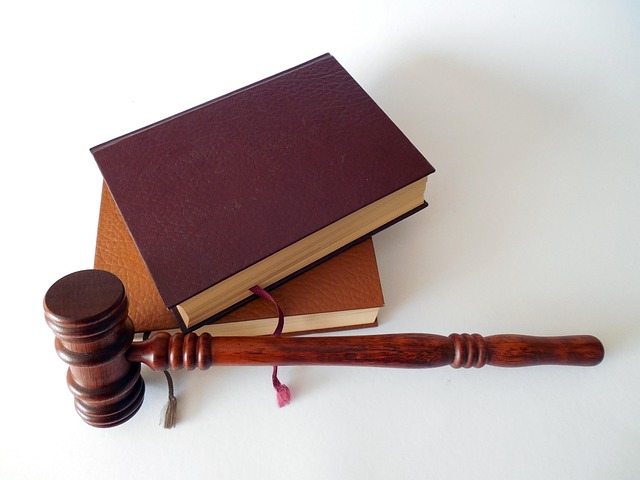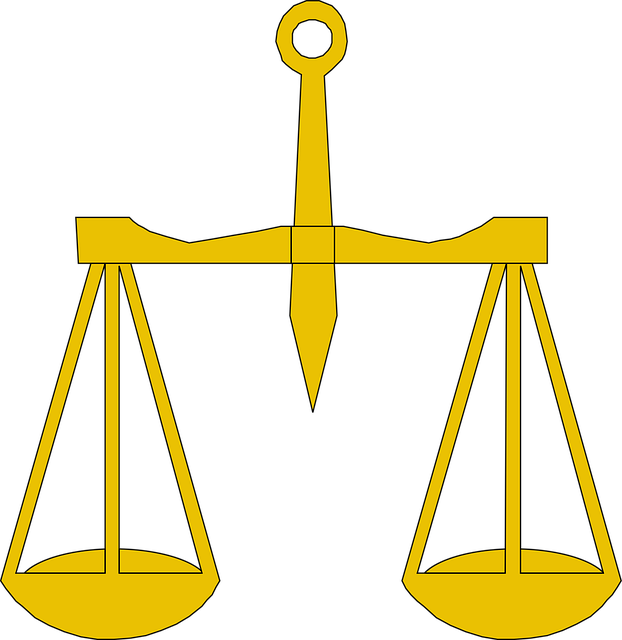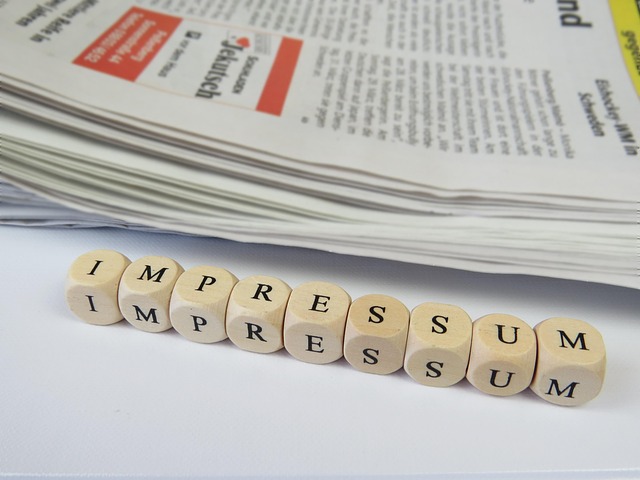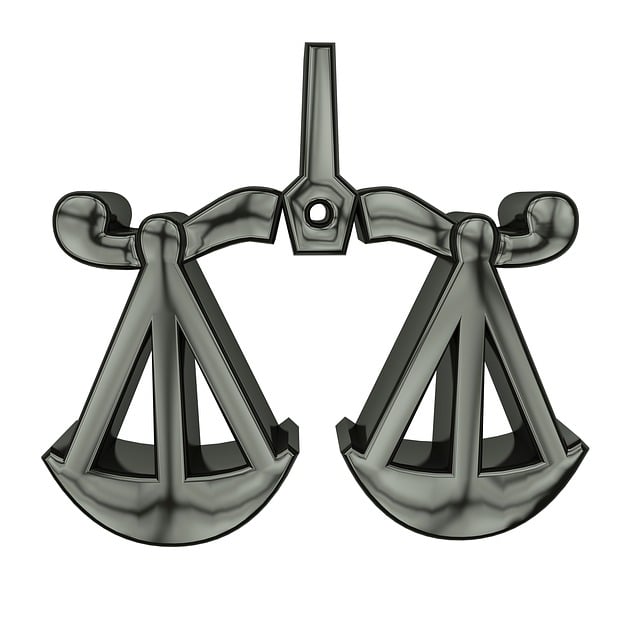Environmental Crime Trials are a potent legal mechanism to combat unethical business practices causing environmental harm. These trials, through rigorous investigations and stringent penalties, hold corporations accountable while raising awareness and driving policy shifts towards sustainable operations. Understanding the link between unfair workplace conditions and ecological degradation is crucial for building compelling cases, leveraging evidence like scientific reports, witness testimonies, and advanced forensics. With a history dating back to ancient civilizations and notable modern cases, legal action has proven effective in holding businesses responsible. Preventive measures, including robust internal policies, training, and waste management, are vital to mitigate risks of non-compliance, fostering corporate accountability and sustainability.
“Environmental Crime Trials: Holding Offenders Accountable Through Legal Action for Unfair Workplace Practices” explores the intricate world of environmental justice. This article delves into the legal framework defining and prosecuting environmental crimes, with a focus on workplace practices impacting ecosystems. We examine historical trials that set precedents, revealing effective evidence collection strategies and legal arguments. Additionally, we analyze preventive measures and their implications for businesses, underscoring the evolving landscape of environmental law and its impact on corporate accountability.”
- Understanding Environmental Crime Trials: A Legal Framework
- The Impact of Unfair Workplace Practices on the Environment
- Building a Case: Evidence and Legal Strategies
- Historical Precedents and Notable Environmental Crime Trials
- Preventive Measures and Future Implications for Businesses
Understanding Environmental Crime Trials: A Legal Framework
Environmental Crime Trials offer a critical legal framework to address and penalize businesses that engage in unfair workplace practices, especially concerning environmental harm. These trials are designed to hold corporate entities accountable for their actions or inactions that result in ecological damage, ensuring justice for affected communities. The process involves meticulous investigation, gathering evidence of violations such as pollution, toxic waste management failures, or habitat destruction caused by industrial operations.
This legal action extends beyond mere punishment; it aims to send a strong message to the philanthropic and political communities about the consequences of neglecting environmental protection. Businesses found guilty during these trials face significant fines, licensing revocations, and even potential criminal charges, encouraging better practices and adherence to environmental regulations. Moreover, the trials can lead to compelling narratives that shape public perception, influencing policy changes and promoting more sustainable business models in respective industries.
The Impact of Unfair Workplace Practices on the Environment
Unfair workplace practices often have far-reaching environmental implications, highlighting the urgent need for legal action. When companies engage in unethical behavior, such as exposing employees to hazardous substances or contributing to ecological degradation through their operations, it not only endangers workers’ health but also harms the surrounding ecosystem. These practices can lead to long-term damage, including water pollution, air quality issues, and even habitat destruction.
The impact of such actions extends beyond immediate harm; it affects local communities, wildlife, and future generations. Many environmental crimes are often intertwined with exploitative labor conditions, where workers are subjected to unsafe working environments without adequate protections or compensation. This duality makes the connection between unfair workplace practices and environmental degradation compelling. As a result, legal action for these practices becomes a powerful tool to hold accountable those who prioritize profit over people and planet, potentially leading to more responsible corporate behavior within philanthropic and political communities.
Building a Case: Evidence and Legal Strategies
Building a strong case for environmental crime trials involves meticulous collection and interpretation of evidence. Prosecutors must gather data that links the accused to illegal activities, such as pollution or waste management violations. This includes scientific reports, witness testimonies, financial records, and surveillance footage. By employing advanced forensics techniques, they can uncover the extent of the environmental damage caused by these crimes.
Legal strategies in these cases often focus on establishing intent and demonstrating the unfair workplace practices that led to environmental degradation. Lawyers may use regulatory documents, internal company emails, and expert witness statements to show negligence or deliberate misconduct. Moreover, understanding the nuances of white-collar defense is crucial for navigating complex legal action, especially when addressing accusations of corporate responsibility and potential political implications within philanthropic and community networks. Avoiding indictment requires a thorough investigation into the unique circumstances of each case, ensuring that justice is served while considering the broader social and environmental context.
Historical Precedents and Notable Environmental Crime Trials
The fight against environmental crimes has a rich history, with legal action for unfair workplace practices dating back to ancient times. From Roman laws that regulated resource exploitation to modern-day international treaties and agreements, environmental justice has evolved significantly. Notable trials like United States v. Standard Oil (1911) and People v. Dow Chemical (2022) have set precedents for holding corporations accountable for ecological damage. These high-stakes cases not only highlight the far-reaching impacts of environmental crimes but also demonstrate the strength of legal systems in addressing them.
Over time, successful prosecution of environmental offenders has become a powerful tool in enforcing regulations and deterring future misconduct. The process involves meticulous investigation, from gathering evidence at all stages of the investigative and enforcement process to building robust cases. This has led to numerous winning challenging defense verdicts, ensuring that justice is served for victims and setting important legal precedents.
Preventive Measures and Future Implications for Businesses
Preventive measures play a pivotal role in combating environmental crimes, especially as businesses face increasing scrutiny for their ecological impact. By implementing robust internal policies and procedures, companies can mitigate risks associated with non-compliance. This includes regular training sessions on environmental regulations, ethical practices, and the proper management of hazardous waste or resources. Such initiatives not only promote accountability but also ensure that employees are equipped to make informed decisions throughout the investigative and enforcement process.
As the legal landscape evolves, focusing on corporate responsibility for white collar and economic crimes has become a priority. Businesses must understand their duties beyond mere profit-making, encompassing environmental stewardship. This shift has led to more frequent jury trials involving complex cases of ecological misconduct, forcing companies to adopt transparent practices. The implications are clear: proactive measures can safeguard businesses from potential legal action for unfair workplace practices and future regulatory penalties, fostering a culture of sustainability and ethical conduct.
Environmental crime trials play a pivotal role in holding businesses accountable for their actions, especially concerning unfair workplace practices that harm the environment. By understanding the legal framework and employing strategic evidence collection, these cases can have significant impacts on corporate responsibility. Historical precedents demonstrate the power of such trials to bring about change, ensuring that environmental protections are upheld. As we look ahead, preventive measures and future implications for businesses underscore the importance of adopting sustainable practices, fostering a more accountable corporate landscape through legal action for unfair workplace practices.






